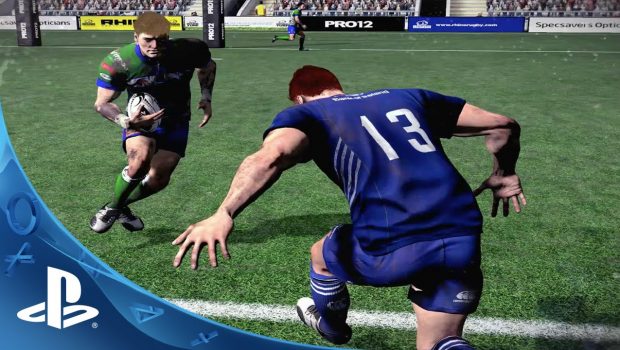Thought rugby was popular? Try video games
New Zealand study reveals our video game habits
Wellington, New Zealand – 14 August 2017 – New research by Bond University in Queensland and the Interactive Games & Entertainment Association (IGEA) has found a staggering 98 per cent of New Zealand families have video game devices, eight out of 10 owning multiple game devices.
Digital New Zealand 2018 studied 807 New Zealand households and 2,288 individuals, revealing 67 per cent of Kiwis play video games; close to half of all players are female (47%); 44 per cent of over 65s play; and the average player age is 34.
Dr Jeff Brand, lead author of the report and Professor of Communication and Media at Bond University, said mainstream acceptance of video games and an increase in devices has translated to a ‘broad church’ of players.
“Interactive games have become a huge part of our culture and while the key reasons remain playing for fun and to pass time, games increasingly serve other uses. New Zealanders are playing for social connectedness, whether that be with family or friends. They’re playing to reduce stress, to be challenged, to learn, to keep the mind active, or for physical and mental health benefits.”
The Digital New Zealand 2018 study highlighted significant growth in the use of games in schools. More than half of New Zealand parents (59%) stated their children have used video games for school curriculum compared to 38 per cent in the 2016 report. Seven in 10 parents believe games can be effective for teaching students.
“In the last five years we’ve seen a big increase in the amount of educational video games and we’ve watched levels of sophistication grow,” said Dr Brand. “These games are used to increase engagement, student motivation, promote critical thinking and problem solving across all subject areas including maths, science and reading.”
Dr Brand said that games are not only a powerful way to get kids interested in technology, they can increase social connectedness. “Over time, gaming has become much more social. Online gaming for children is often a shared experience that can improve social connectedness in and out of the classroom.”
Ron Curry, CEO of IGEA, said that the sale of digital games in New Zealand grew by a 20 per cent compound annual growth rate in the last three years.
“Digital New Zealand 2018 shows how the state of game play in New Zealand has progressed. Everyone plays, and they consume games just like any other media with 85 minutes the average daily total of all game play. More than that, Kiwis recognise the value of games, beyond entertainment, in the family home, schools, workplaces, health care settings and socially.”
Other key findings of the Digital New Zealand Report 2018 include:
- Never too old to play games – Over 65s make up the largest and fastest growing segment of people new to games. 44% of those aged 65 and over play video games. 73% of players are aged 18 years or older.
- The family that games together, stays together – Half of parents play video games together with their children in the same room. One in four play video games together with their children online, and most parents (86%) have talked with a child about playing safely online.
- Gaming for health – New Zealanders value play for better health and positive ageing, whether that be to improve thinking skills (85%), improve dexterity (76%) or manage pain (52%). Almost ninety per cent say they play to increase mental stimulation, 76 per cent state video games help fight dementia, and 46 per cent agreed playing games can help increase mobility.





